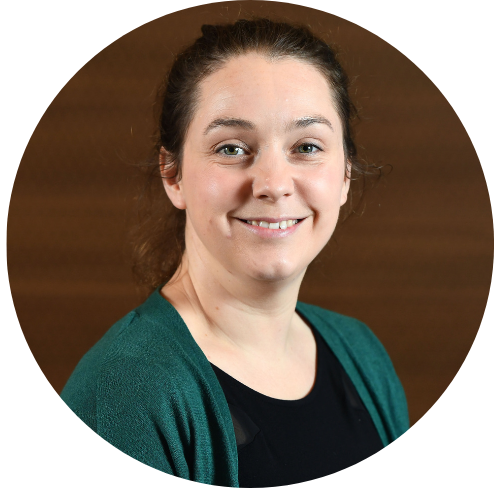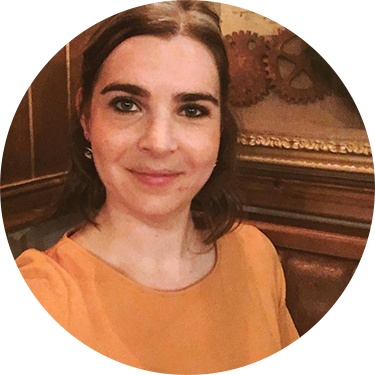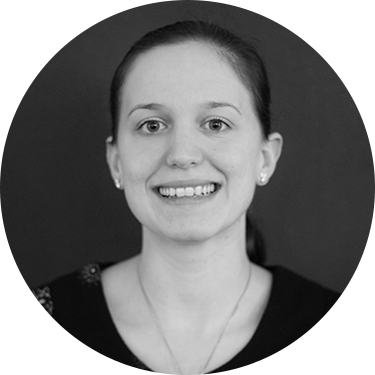
Where can an early-career research post at DECIPHer take you? Three researchers describe their career trajectories
Dr Caitlyn Donaldson: ‘I have found the transition from DECIPHer student to staff member very positive‘

I joined DECIPHer in 2019 as a PhD student. My previous roles had involved research and writing on a wide range of public health topics, but I had become increasingly interested in young people’s mental health and wellbeing. My speculative email to Prof Simon Murphy was treated positively and resulted in me having discussions with potential supervisors about possibilities for applying for funding. With their support, my funding application to the ESRC was successful and soon after I began my PhD looking at young people’s mental health across the primary to secondary school transition with Professor Graham Moore and Dr Jemma Hawkins as my supervisors.
DECIPHer is at the forefront of schools’ health research in Wales and being a student within the department provided fantastic opportunities to build expertise and take advantage of the extensive Welsh schools data available for analysis. Towards the end of my PhD, DECIPHer started the process of extending the secondary SHRN work into primary schools, and a Research Associate role became available. I applied and was successful. I have found the transition from DECIPHer student to staff member very positive. Over the next year I plan to publish some papers from my thesis, as well as begin thinking about future research projects and funding opportunities.
Dr Lauren Copeland: ‘It was a great opportunity to be part of a world-leading research centre’

I joined DECIPHer in January 2019 as a Research Associate primarily working on a study developing guidance for adapting interventions to new contexts. It was a great opportunity to be part of a study that would influence future adaptation practice and to be part of a world-leading research centre.
My research areas of interest are mental health and counselling so joining DECIPHer allowed me to research these areas and gain valuable skills and experience in grant writing, networking and informing government policy. In addition to this, I received mentorship which was instrumental in my career progression. I was supported to attain experience in areas critical for a lectureship. This has led me to successfully achieve a lectureship in the School of Psychology at Cardiff University, where I am currently teaching across undergraduate and postgraduate levels and developing research ideas in counselling and education.
Dr Hannah Littlecott: ‘This support and experience led to a fantastic opportunity’

My journey with DECIPHer began in 2012, when I was recruited as a Research Assistant. I obtained experience working on multiple projects, whilst also applying for PhD funding. I began my PhD in January 2014, completing this in 2016 within the three-year period. Alongside the PhD project, I had the opportunity to work casually on multiple projects and gain experience of writing and publishing multiple scientific papers. Following the PhD, I was supported to obtain fellowship funding. Whilst this project was negatively affected by the pandemic, it did provide me with important experience in successfully obtaining research funding as a Principal Investigator and managing my own project.
Whilst working in DECIPHer, I have also had two periods of maternity leave, throughout which I felt supported by the Professional Services (PS) staff as well as academic colleagues. Ultimately, this support and experience has led to a fantastic opportunity with colleagues at the Ludwig Maximilian University of Munich, where I am currently working remotely leading on Cochrane reviews to synthesise research relating to SARSCoV-2 and measures in the school setting.
More DECIPHer staff updates can be read in our 2022-2023 annual report here or on our blog.
Opportunities to work with us can be found on our Working With Us, LinkedIn and Twitter/X pages.
